As AI continues to embed itself into the core of how industries function, a critical challenge is emerging: the need for more adaptable, steerable AI systems. We’ve learned in recent years that AI models, especially larger ones, tend to be slow-moving giants when it comes to adjustment. The bigger the model, the harder it is to tweak, improve, or even diagnose when something goes wrong.
I’ve seen these challenges firsthand. Earlier in my career, we could often solve model issues (e.g., degrading accuracy) by simply retraining with more or newer data. Sure, it took time, but it was doable. Today, with models getting larger and data more complex, retraining is no longer the silver bullet it once was. Time and cost constraints make this impractical for many commercial applications, leaving companies with models that struggle to adapt to their changing environments.
To be clear, this problem isn't confined to just large language models (LLMs) despite all the buzz around them; LLMs represent only one facet of the broader AI ecosystem. The majority of AI systems deployed in production today aren't LLMs at all—they're specialized models handling everything from image recognition in medical devices to recommendation systems for retail and bird song identification in wildlife monitoring. These systems are all increasingly subject to the same critical issue: adaptability.
This brings us to one of the most profound differences between academic research and real-world AI deployment. In research, AI systems are primarily tested on static, unchanging benchmarks. But in the commercial world, the only constant is change. Training data drifts, customer objectives shift, and regulatory environments evolve. Models trained on yesterday’s data are stuck in the past and often ill-suited for today’s challenges. One common example is in finance, where risk models may fail to account for sudden market volatility, leading to outdated predictions and significant losses. Similarly, in healthcare, an AI designed to detect anomalies in medical imaging might struggle as patient demographics shift or as new diagnostic technologies emerge. This lack of adaptability can lead to both inefficiency and, in some cases, unsafe outcomes.
This is where Orca steps in. Our mission is to enable AI systems that thrive in dynamic environments, systems that can quickly adapt to shifting data, objectives, and requirements without a lengthy or costly retraining process.
A 10,000 ft View of the Solution
AI steerability boils down to a single fundamental truth: Data drives model behavior. If we can control and update the data a model operates on, we can control the model itself. This concept has been demonstrated with the rise of Retrieval-Augmented Generation (RAG) models for LLMs, where models pull in relevant external data in real-time to enhance their output. However, RAG is limited to large language models, leaving the vast landscape of AI untouched by this innovation.
The challenge, then, isn’t just building smarter models. It’s creating models that can be adapted, updated, and steered without extensive reengineering, regardless of their size or specialization, primarily based on their data. Whether you're talking about an image classifier used in manufacturing or a financial forecasting model, data is the primary lever we need to pull to influence model behavior. That’s the crux of what we’re building: tools that enable seamless data control across all kinds of AI models, not just LLMs.
Orca’s Vision: Making Your Models Better, Faster
Imagine a world where AI models can be updated as quickly as editing a document—no need for retraining or deep expertise in machine learning. This is the vision behind Orca: AI models that are steerable, customizable, and adaptable in real-time, in response to changing circumstances, without returning to the drawing board each time the data changes. The ability to make these kinds of adjustments cheaply, quickly, and without requiring deep knowledge of AI opens the door to a whole new level of flexibility and power.
We’re starting with the broadest class of models: classification. Whether it’s classifying customer behavior, financial transactions, or medical images, classification models form the backbone of many AI applications. Yet, despite their ubiquity, they suffer from the same rigidity as any other model—once deployed, their behaviors are challenging to change without (re)training. With Orca, that changes. The future we’re building toward is one where these models, and eventually all models, are updated in real-time as new data comes in or as objectives shift.
Whether it’s correcting, enhancing, or adapting an AI to new conditions, the power to adjust models in real time will allow businesses and industries to respond faster, cut costs, and improve outcomes—all without the heavy lift of model retraining. This isn’t just about making AI smarter; it’s about making it faster, more responsive, and more aligned with the needs of the dynamic environments it operates in.
This is the next step in AI’s evolution: models that don’t just reflect the past but can actively shape and respond to the present.

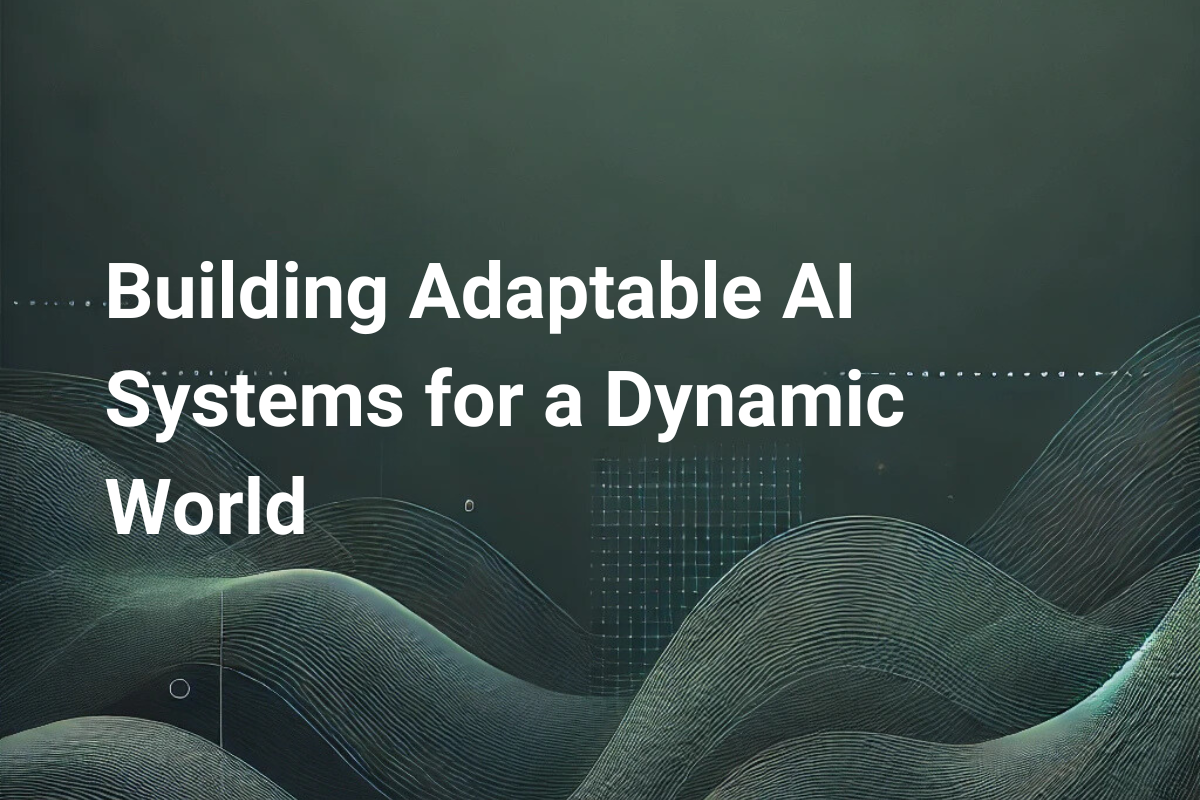
.png)
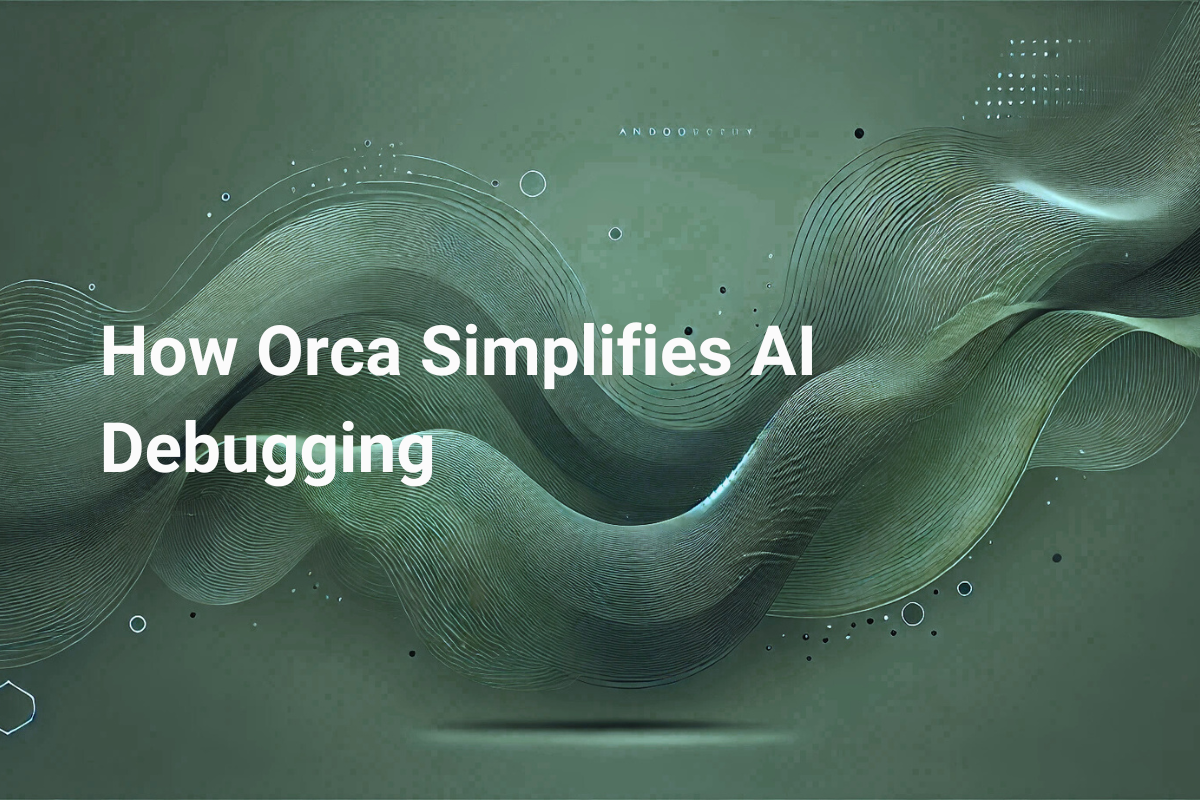

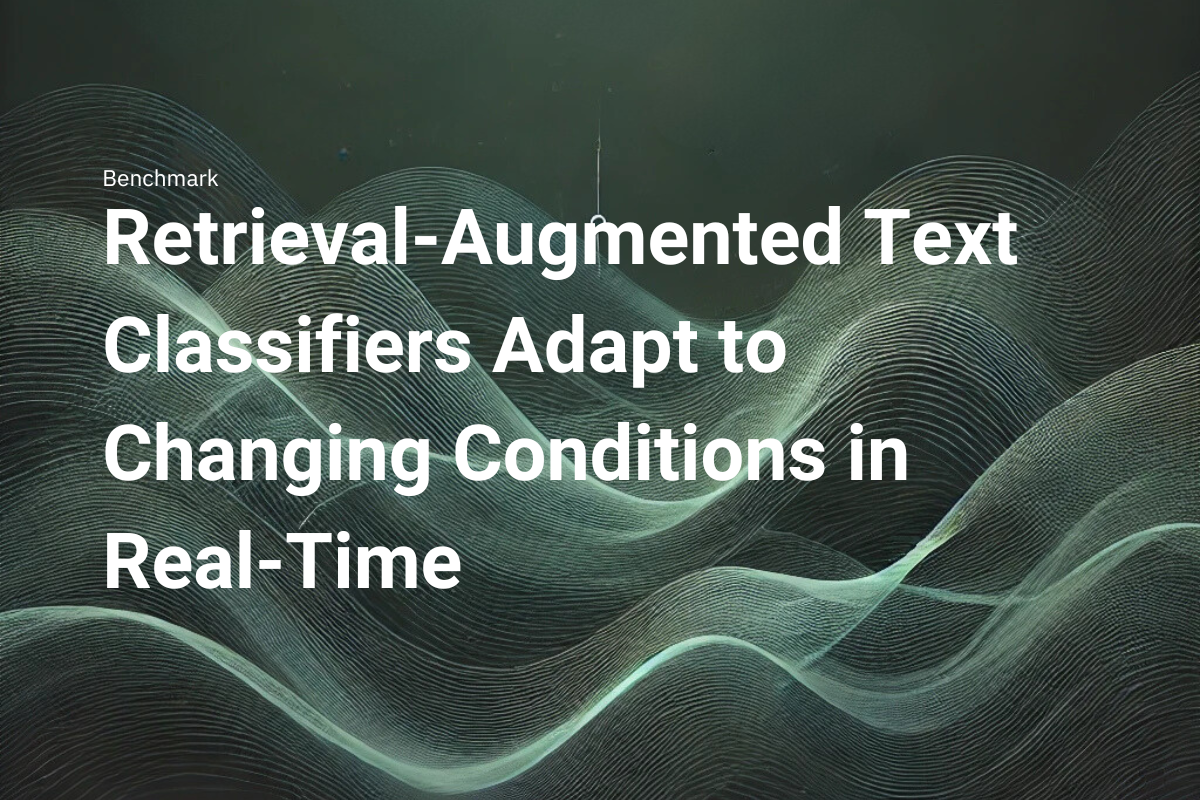
.png)
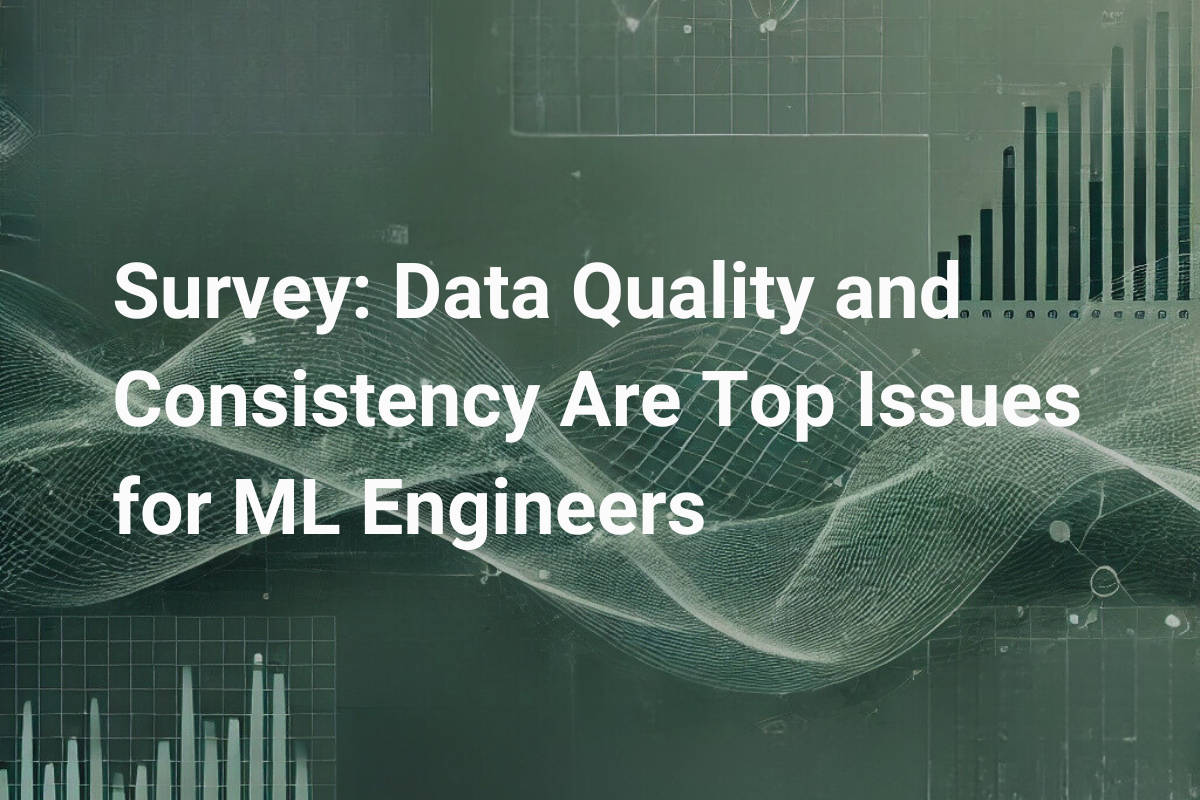

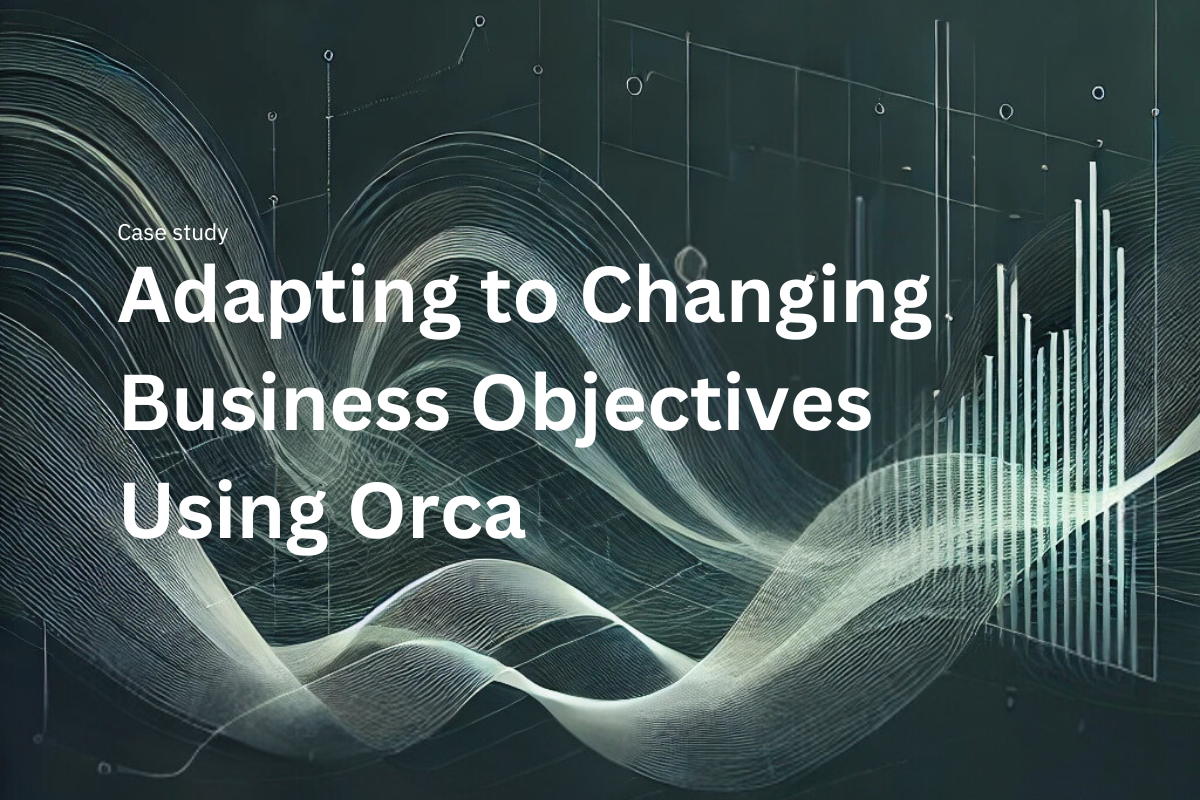
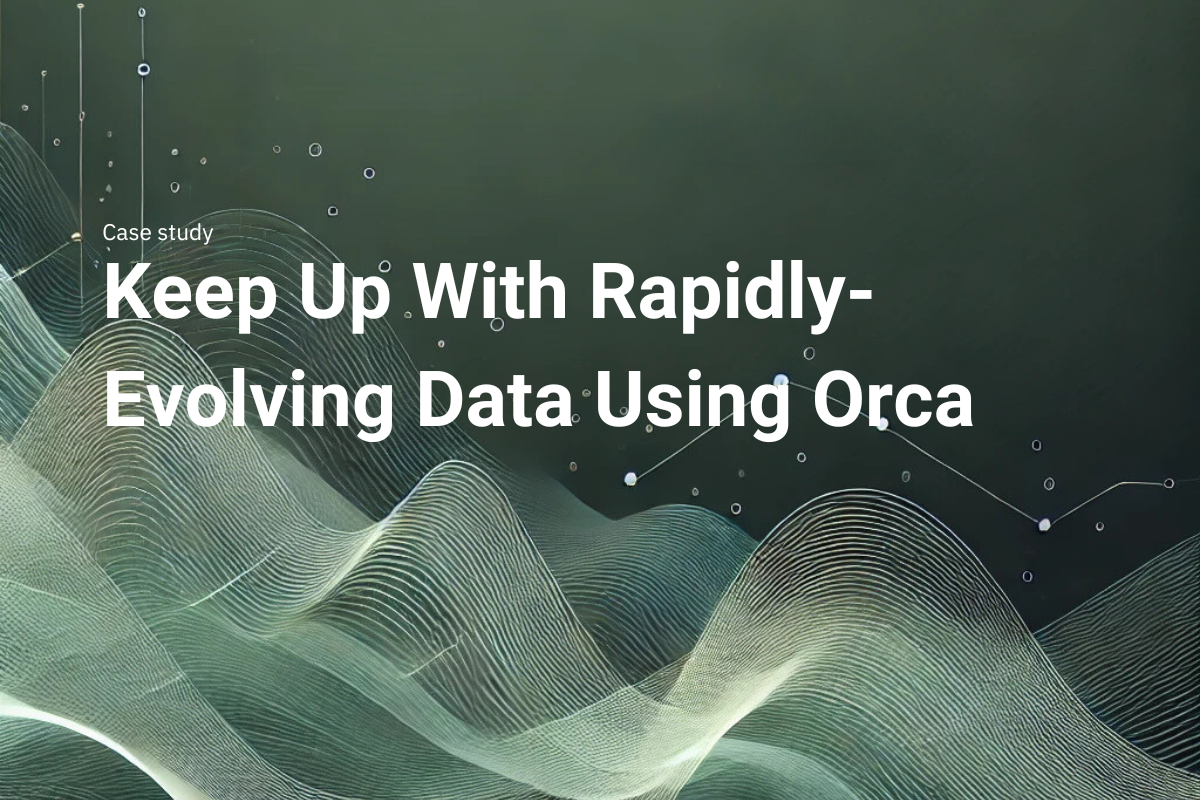
.png)
